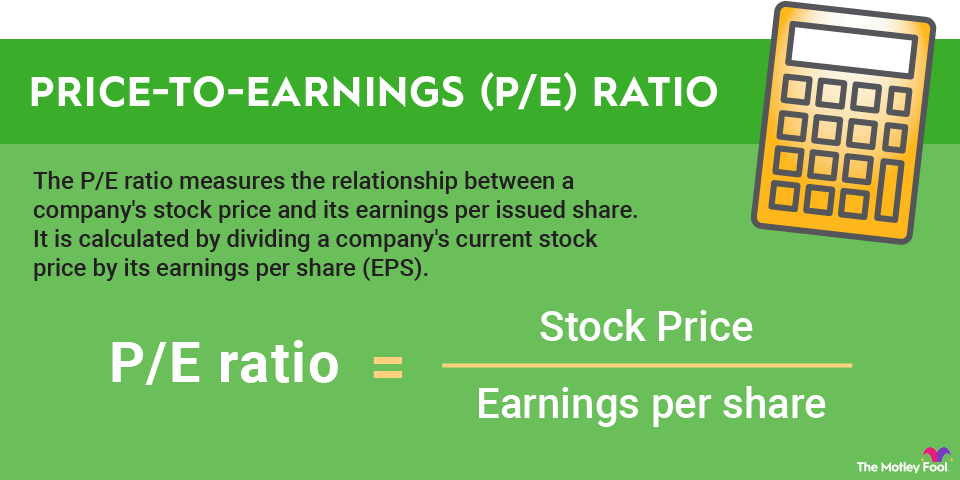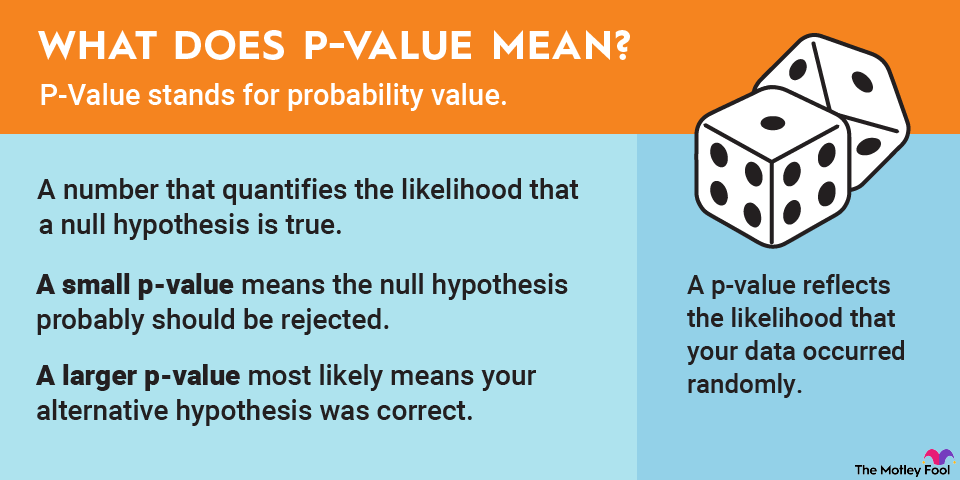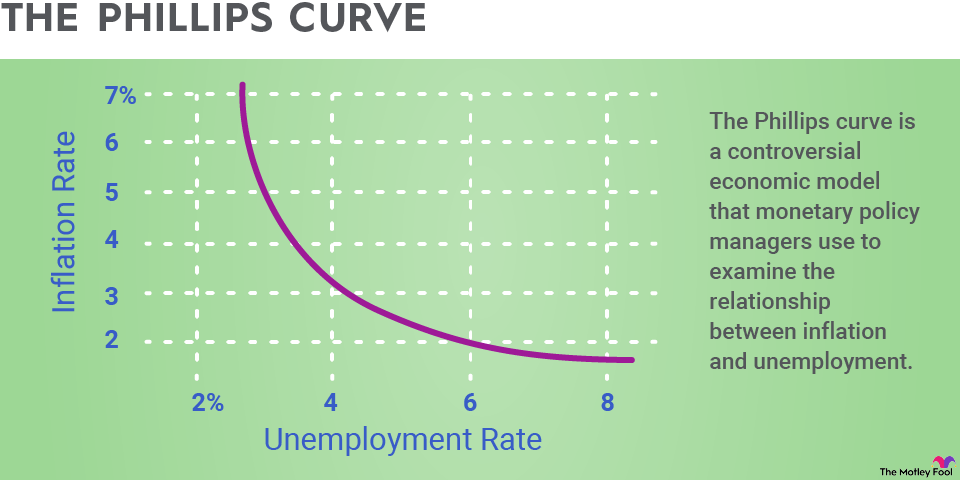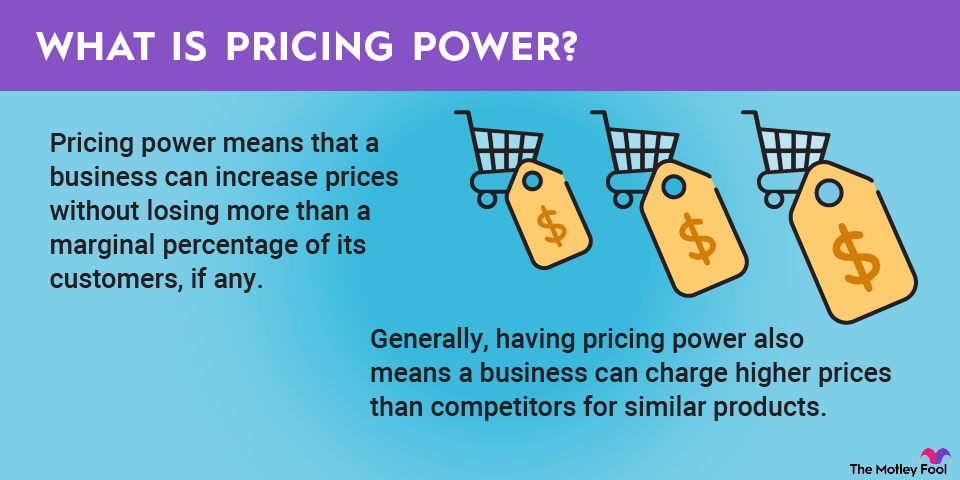If you've ever thought about investing in U.K.-based companies, you may have noticed that they have "PLC" after their names. This stands for "public limited company," and even if you're not familiar with the term, you'll probably recognize how they work fairly quickly.

What is a public limited company?
A public limited company (PLC) is a public company in the United Kingdom that has its ownership divided into shares and is listed on a stock exchange. By law, the company must include either "public limited company" or the PLC abbreviation after its name. PLCs must follow reporting and financial requirements, including having at least two directors and at least 50,000 pounds sterling in share capital.
PLCs are similar to publicly traded companies in the United States. They publish regular reports with their financial details, and investors can buy and sell shares of these companies. The largest U.K. companies are PLCs, including all the companies listed on the London Stock Exchange.
Pros and cons of PLCs
Incorporating as a PLC has benefits for both the company and for current or potential investors. By issuing shares and selling them to the public, a business can raise money to finance expansion. A stock exchange listing tends to attract funding because it makes a company more accessible for investors, including retail investors and professionals.
Investors in a company benefit from increased liquidity if it goes public. It's not easy to sell holdings in private companies since it requires finding a buyer and agreeing on a price. With shares in a PLC, investors can buy and sell shares through a stock broker.
The primary downside of structuring a business as a PLC is the regulatory requirements. Management will face much more scrutiny than it did while running a private company. It's also expensive to set up a PLC, and the company's valuation could be more volatile since it's listed on the stock market.
How to invest in PLCs
Investing in PLCs is simple enough if you live in the U.K. You could do so through a stock broker there, just like when investing in stocks in the U.S.
For U.S. investors, there are two options. The first is to use a broker that allows clients to invest in foreign companies. Some U.S. stock brokers offer this service. They'll exchange your dollars for the appropriate foreign currency (pounds sterling for investing in a PLC) and buy shares for you.
The other option is buying American depositary receipts (ADRs). An ADR is a certificate that represents shares of stock in a foreign company. ADRs are priced in dollars and traded on the U.S. stock market.



















